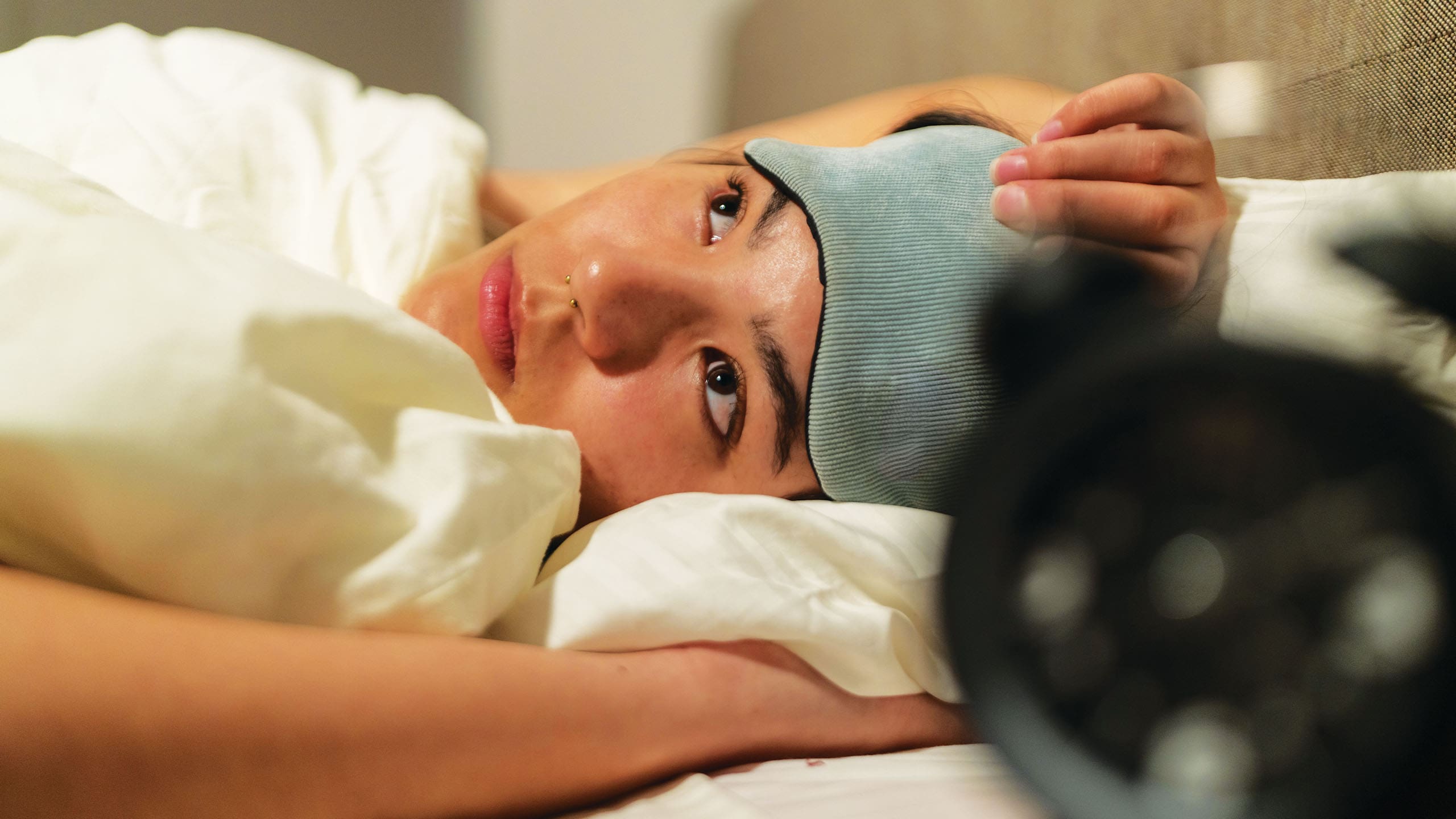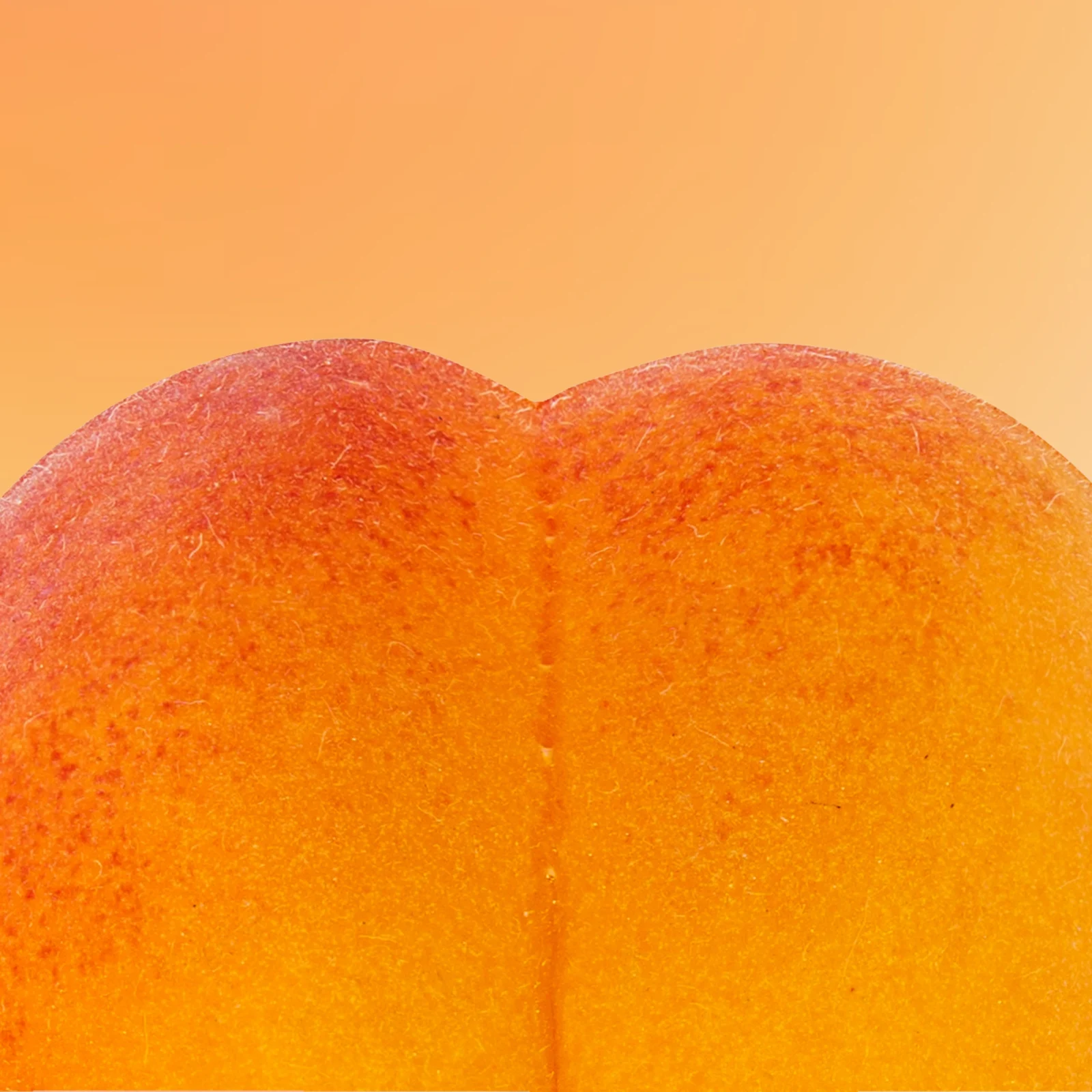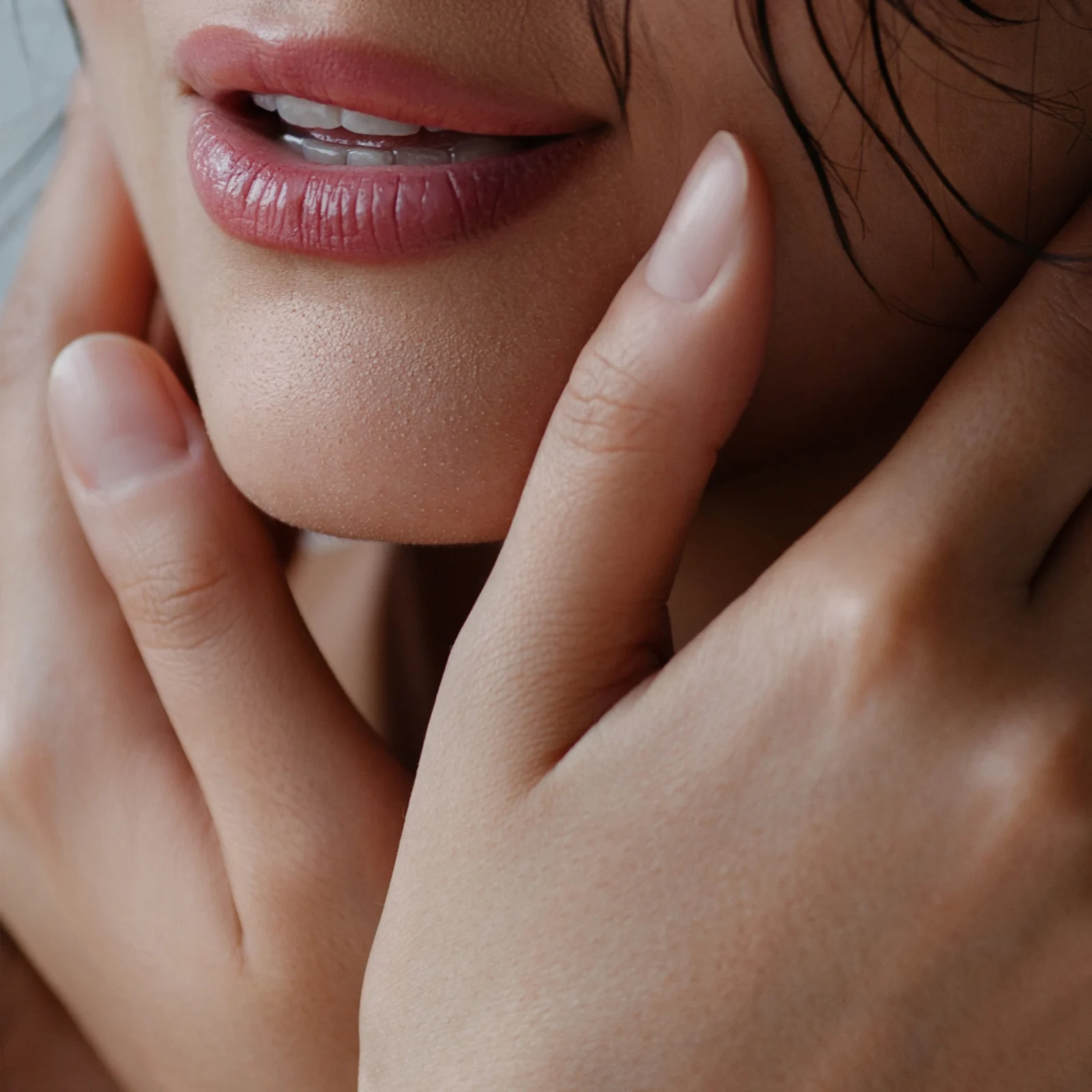Under 33 and Sleepless? Here’s Why You Should Care
Elevating your quality of life starts with simply sleeping.
“I literally crash into bed at the end of the day and start scrolling,” says 23-year-old Leira from Bulacan, her voice tinged with a mix of exhaustion and guilt. “It’s like there’s no boundary between work, social life, and sleep anymore—everything just blends together.” Her experience mirrors what many of us are facing today: the struggle to balance the pressures of work, school, and social media in a world that never seems to pause.
The lost art of recharging.
Sleep, a vital pillar of health, seems more elusive than ever. It’s a growing concern among young people in the Philippines, and it’s no surprise to Michael Alexius Sarte, MD, a sleep-ENT specialist at The Medical City. “The youth are the future of any society,” he begins with a somber tone, “but if they’re sacrificing their health, they won’t be able to keep up.” Dr. Sarte’s concern is echoed by those who’ve experienced it firsthand—those under 33 who are noticing how their sleep deprivation is spilling over into other areas of their lives, making their performance at work, school, and even their fitness goals suffer.
It doesn’t go unnoticed by him that his patients are getting younger by the year, and it’s not because they’re getting more sleep. The reality is, young people’s sleeping habits have taken a sharp turn for the worse with the advent of social media. Late night scrolling, exposure to never-ending stimuli, and the constant need to consume media have created a perfect storm for sleep deprivation among teens and young adults. This digital overload is interfering with our natural circadian rhythms, making it harder for us to unwind and get the restorative sleep they need. As we remain plugged in well into the night, the constant barrage of notifications and content disrupts our ability to disconnect and rest.
We dug into why sleep has become such a challenge for the younger generation, and it’s clear: whether it’s late-night scrolling, juggling work-life pressures, or just the non-stop pace of modern life, we’re all feeling the toll. And if we don’t pay attention, we’re setting ourselves up for trouble down the road.
The kids are not all right.
Before smartphones became a “prerequisite” in every household, going online was an activity confined to a stationary family desktop. Your internet usage ended as soon as you stood up—you could only access it by sitting at the computer. Today, with portable devices in hand, everyone is online at any given moment, whether it’s for work, entertainment, or everything in between. The internet is no longer a destination, it’s woven into the fabric of our daily lives. And because of this, Dr. Sarte feels that our relationship with sleep has gotten increasingly worse.
“As you can hold your gadgets in your hand, it changes a lot of things, especially for the younger generation. So it can take a lot of time out of their schedule. Instead of getting good sleep, they’re focusing on the internet, not just for entertainment, but also because of school,” he comments, noting that schools nowadays also require children to own their respective devices for educational purposes.
Em, 23, from Parañaque, believes our generation has lost a sense of balance. “Our generation and lifestyles ruined our relationship with sleep, especially since there are no boundaries or balance anymore to properly compartmentalize the different aspects of our lives, since they are all accessible through our phones. So instead of having a specific time for sleep, I feel like it merges with our ‘rest time,’ which also includes scrolling through social media.”
Anri, 23, from Makati, echoes this, adding that our generation’s reliance on social media has significantly disrupted our relationship with sleep. “The rise of short-form content has further shortened attention spans, leading to late-night doom scrolling and making it harder to disconnect and prioritize rest,” says the teaching assistant.
This is your sign to break a habit.
“When unhealthy habits start to creep in, they don’t just affect one area of your life—they cascade into others,” Dr. Sarte explains. “You start sleeping later, eating at irregular times, and before you know it, your whole routine is disrupted. You’re exercising at night, sleeping during the day, and turning your schedule upside down. These are learned behaviors, habits that, once formed, become harder to break.”
Leira identifies the struggle for balance, saying, “Work-life balance? None of that. That’s why there’s a thing called revenge sleep procrastination, because we just crave autonomy from our early hours so much that despite being tired, we don’t sleep ‘til late just to feel some freedom outside of responsibilities. In terms of relationships, too, because of instant messaging, some people mistake being ‘active’ with being ‘available.’”
I’m gonna meet my 10,000 steps (in the club).
Human beings are social animals. While the occasional night out isn’t necessarily harmful, sometimes we need to embrace the Joy Of Missing Out (JOMO), instead of letting FOMO push us into chaotic, unhealthy sleep habits. Maya, a 23-year-old from Alabang who recently moved to France, shares, “I’m surrounded by people who take personal health very seriously, and though having enough sleep is one of the top priorities of kids these days, it only happens after partying for 12 hours straight.”
Working long hours doesn’t always have to end with rewarding yourself with a night out. When it comes to prioritizing your sleep health, sometimes it’s better to miss a party or two. Dr. Sarte stresses that smoking, drug use, and alcohol intake, especially when combined, are detrimental to sleep health in the long term. “You know that alcohol is like a sedative, right?” he says. “But the thing about that is if you fall asleep with alcohol in your system, you tend to stay in the shallow stages of sleep, and when you wake up, you’ll crave more because it helps you sleep. That’s why some people, when they can’t sleep, turn to alcohol. But that’s not the solution. The solution is actually to stay away from alcohol.”
And if that combination wasn’t confusing enough for your body, add nicotine into the mix. Dr. Sarte explains that nicotine, being an “upper,” wakes you up. “So when you do both—nicotine and alcohol—it’s like your body’s in a tug of war. You’re sending mixed signals. But people tend to do both: they drink and smoke.” This mixture of a downer and an upper not only confuses our body’s natural rhythms, it also disrupts our sleep cycle, making it harder to get the restorative rest we need. Over time, excessive use can further damage sleep patterns and lead to other health issues, such as weight gain, liver damage, and lung problems.
Sometimes, there’s joy in missing out when you’re looking at the long-term health benefits. Swapping the nightly rave with wellness evenings looks like guided meditation and journaling, limiting your screen time, reading a book before bed, or regulating your sugar intake a few hours before bedtime. You’ll have even more energy for 10,000 steps the next day.
Sleeping your way to success.
We spend a third of our lives asleep. “Not getting quality sleep can affect your performance, whether in school, at work, taking care of other people, or taking care of a business,” says Dr. Sarte. But it can also impact your hobbies, like sports performance, creative pursuits, fitness routines, and even your ability to travel and fully enjoy new experiences. For Princess, 23, from Laguna, the pressure to work hard often means sacrificing sleep. “Staying up late to study or grind has almost become the norm,” she confesses. “It’s frustrating when my parents, who taught me to work hard, get upset when they see me awake so late, even though I’m clearly doing it out of dedication.”
Don’t just dream of change, do it.
It’s especially crucial for those in the 18 to 33 age range to be aware of the long-term consequences of poor sleep habits. Dr. Sarte explains, “If you don’t get proper sleep at that age—or even younger—are you more at risk for diseases in the future? Unfortunately, yes. It’s actually the time when, if you don’t fix it, the less likely it is that you’ll be able to fix it as you get older.”
He further goes on to emphasize the importance of addressing sleep issues as early as possible. “The younger you are and the earlier you get it addressed, the better it is for you to reverse the ill effects of poor quality sleep,” he explains. No matter how driven you are, “you can’t be on top of your game if you’re sleeping through it,” he stresses.
To provide a customized ad experience, we need to know if you are of legal age in your region.
By making a selection, you agree to our Terms & Conditions.








